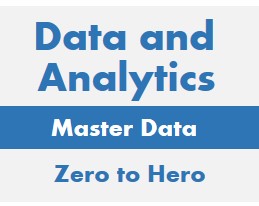


The modern world is filled with situations where the timing sequence is critical to effective analysis. The Internet of Things (IoT) is generating high volumes, continuous flow of metrics obtained through measurement of devices. Stock markets are generating a high volume of trades on a second by second basis. Computer systems are generating high volumes of data about there status-bar such as jobs processed, memory used and computing cycles expended. High volume streams of data need to be rapidly captured, stored and analyzed. This is a big challenge.
A Time Series DataBase (TSDB) is a DataBase Management System (DBMS) optimized to store and access high volumes of data which contains timestamps, an attribute which specifies date and time to a detailed level. Time Series DataBases provide distinctive capabilites:
Multiple vendors provide Graph DBMS Software. DB-Engines publishes a ranked list of graph DBMS. InfluxDB is the market leader in TSDB according to DB-Engines research. The top five in that list as of June 9, 2020 are:
In addition to the above suppliers, consider DBMS that have been improved to support time series such as: Teradata, Redis and Informix.
Check out these Time Series Data links:
Infogoal.com is organized to help you gain mastery.
Examples may be simplified to facilitate learning.
Content is reviewed for errors but is not warranted to be 100% correct.
In order to use this site, you must read and agree to the
terms of use, privacy policy and cookie policy.
Copyright 2006-2020 by Infogoal, LLC. All Rights Reserved.
